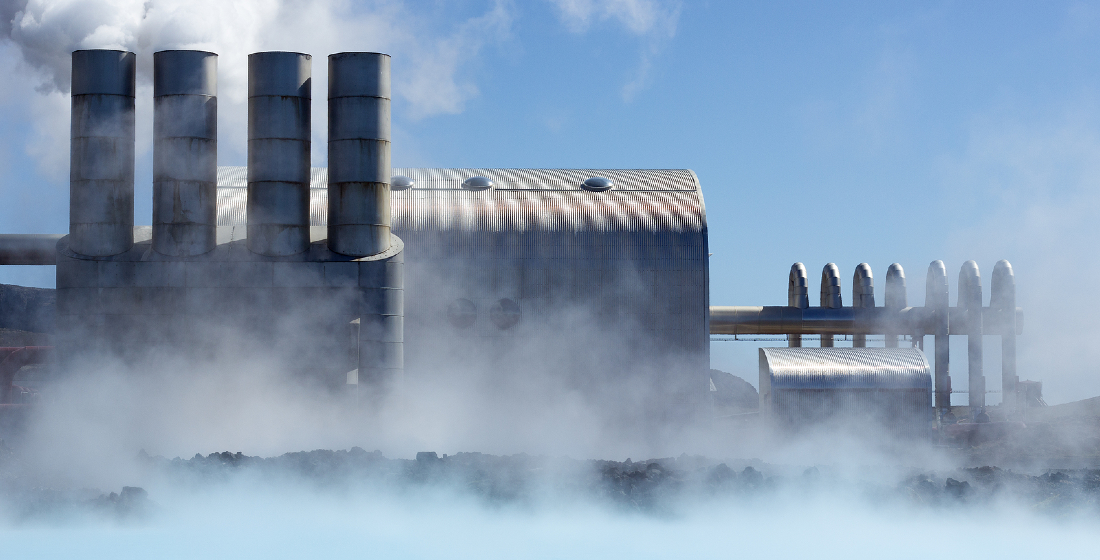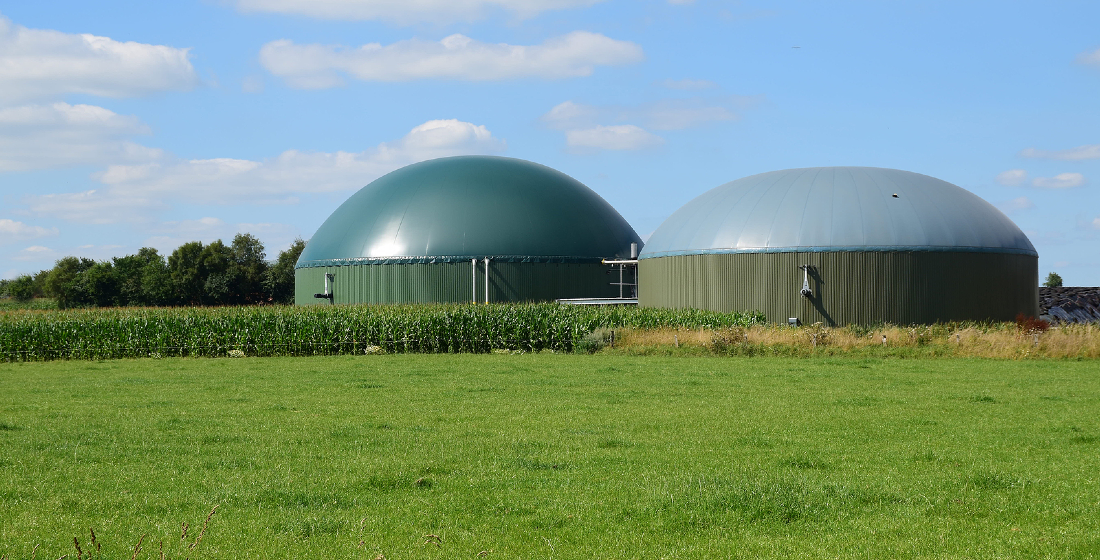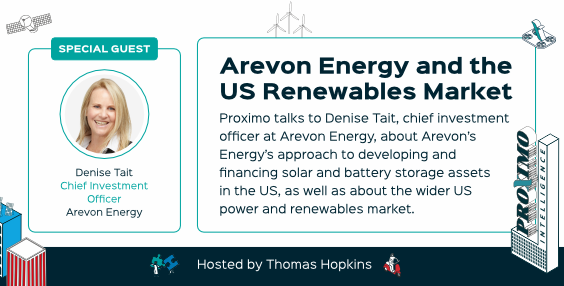Biden takes a pause
The pause on permitting for some US LNG projects is causing a political stink. But beyond the screams from the fossil fuel lobbyists, what immediate impact on the US LNG project market does it actually have?

The Biden administration’s temporary pause on all pending applications seeking authorisation under Section 3 of the Natural Gas Act to export liquefied natural gas (LNG) to non-Free Trade Agreement (non-FTA) countries has sparked political furore, largely from opposition backed by the deep pockets of the oil and gas industry. But beyond the politics, the real impact on the US LNG industry is subject to how long the pause lasts, for which, as yet, there is no timeline.
The ratings of operational US LNG developers and those that have secured permits and are under construction are not affected by the pause; and while 17 LNG projects are theoretically affected, only four – Venture Global’s Calcasieu Pass 2 (CP2), Delfin LNG, Lake Charles LNG, and Commonwealth LNG – have already progressed to any significant point commercially.
But there are also projects that require an extension of the export deadline due to construction delays – for example Cameron and Freeport – and they may not receive those extensions during the pause. And further down the supply chain line, non-US projects that source their feed gas from the US could also be halted, or at least delayed.
Nevertheless, the effect of the pause on the broader LNG market is minimal at this point according to Ira Joseph, a senior research associate at the Center on Global Energy Policy at Columbia University. “Vast amounts of LNG capacity under construction in the US and Qatar do not have volume under long-term contracts. Even among the LNG that is in contract from emerging projects, at least 40% is sold to portfolio players that will need to resell the LNG to end users or into a spot market like Europe. If buyers are concerned that the DOE pause is a risk to their security of supply, plenty of LNG is on offer to assuage these concerns.”
The probable length of the pause remains a mystery – although it is very likely to be months and also likely that no new permits will be issued this year. That means final investment decisions (FIDs) on US and Mexico projects that were forecast to total some 23.7 million mt/year of new capacity in 2024 will all likely slip to at least 2025, according to S&P.
The reason for the pause – to enable the US Department of Energy (DoE) to update the five years old environmental and economic analyses it uses to underpin LNG export authorisations – adds further uncertainty because it could mean a regulatory change of playing field for future US LNG projects.
The likelihood of any major change to DOE analyses, on balance, seems slim given the most recent updates – an economic update in 2018 and an environmental update in 2019 – came to the following conclusions: higher LNG exports would have a positive macroeconomic effect on the US; and that "the use of US LNG exports for power production in European and Asian markets will not increase GHG emissions from a life cycle perspective, when compared to regional coal extraction and consumption for power production."
But both those updates were conducted under the fossil-fuel friendly Trump administration, and neither were done with a pause on pending applications – so nothing is certain for those US LNG projects affected by the Biden pause.
The Proximo perspective
Despite the speculation about potential impacts, is Biden right to take a pause? Forecasts for global LNG demand in the energy transition period to 2050 vary enormously, but even some net-zero compliant estimates predict a shortfall if current supply plus projects under construction are not added to. So the possibility of future stranded US LNG assets is not high, especially given sectors of the global renewables market, notably offshore wind, are struggling with rising project costs and delivery timelines.
But the environmental implications of producing more LNG than is necessary have taken on more importance since the US’ 2019 analyses update – methane emissions are a real concern, as they should be (and about blue hydrogen as well), and given the independent science on climate change available now, a pause to reflect on the latest emissions research seems sensible, albeit unpopular with certain elements of the US electorate in the upcoming US presidential election.
The doom-mongers – those predicting a flight by European and Asian LNG importers to non-US markets over energy security concerns – are probably wrong. Prior to the Biden pause, Venture Global faced, and still does, multiple arbitration cases over its failure to deliver LNG to contracted long-term offtakers, and it doesn’t appear to have taken a hit on business yet.
Furthermore, while the pause may delay US LNG FIDs, the projects take three to five years to build and require significant offtake contracts before financing – the negotiations for which can continue during the pause. Yes, the Biden pause has caused some uncertainty (much of which could be dissipated with a timeline), but the death knell for US LNG it is not – as long as it lasts months rather than years. And arguably, given global LNG supply and demand economics, it could prove an LNG pricing bonus for those projects that are already underway and unaffected by the pause – every cloud has an LNG lining it would seem.





